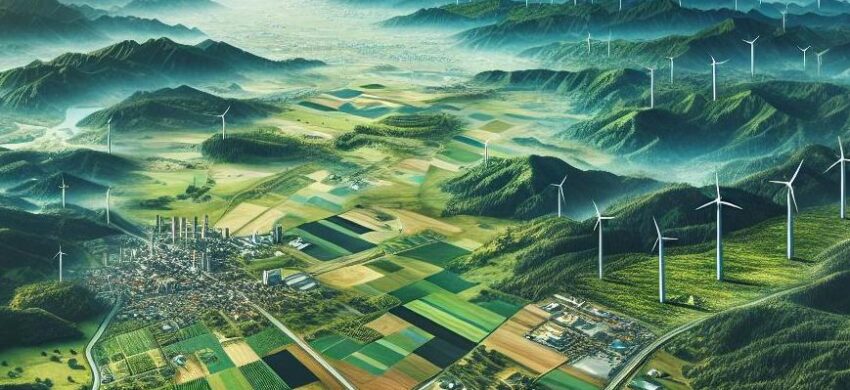Land use policy is experiencing profound and significant shifts that are expected to profoundly shape the future of spatial planning and development. One noticeable trend is the incorporation of sustainability principles in policymaking. This is necessitated by the undeniable impacts of climate change and growing public awareness of environmental issues. Policymakers are, therefore, becoming increasingly focused on creating sustainable and resilient communities. This entails encouraging patterns of land use that minimize environmental impacts, such as the concentration of development in urban and suburban areas to reduce urban sprawl, discouraging development in environmentally sensitive areas, and promoting renewable energy generation.
Furthermore, another emerging trend revolves around digitization and the use of big data in land use planning. Technological advancements are influencing land use policies by offering new tools for analysis, representation, and interaction. Planners are leveraging data analytics, AI, and GIS mapping for more precise and efficient land use decisions. These technologies are enabling public engagement at an unprecedented level, making planning processes more democratic and adaptable to community needs. The integration of smart technologies is also encouraging the development of smart cities, where IT solutions are used to manage community resources effectively. Consequently, future land use policies are expected to facilitate the transformation towards such smart, connected communities.
 |
 |

